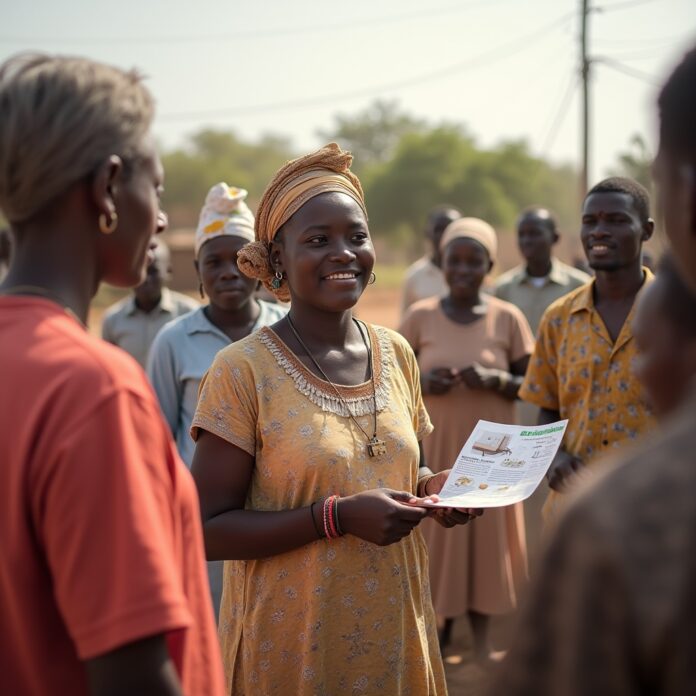In November 2023, Sokoto State reported a dengue fever outbreak, with the Nigeria Centre for Disease Control (NCDC) confirming 13 cases and 71 suspected cases as of December 2023.
Understanding Dengue Fever
Dengue fever is a mosquito-borne viral infection transmitted primarily by Aedes mosquitoes. It is prevalent in tropical and subtropical regions worldwide.
Symptoms of Dengue Fever
Initial symptoms include high fever (up to 40°C/104°F), severe headache, pain behind the eyes, muscle and joint pains, nausea, vomiting, swollen glands, and rash. In some cases, symptoms can progress to severe dengue, characterized by intense stomach pain, persistent vomiting, bleeding from the nose or gums, fatigue, restlessness, and blood in vomit or stool.
At-Risk Populations in Sokoto
Majority of cases reported in individuals aged 21–40 years. Cases have been reported in Sokoto South (60 cases), Wamako (3 cases), and Dange Shuni (1 case).
Preventive Measures
To prevent dengue fever, eliminate standing water sources to reduce mosquito breeding sites. Use insect repellents, wear long-sleeved clothing, and sleep under insecticide-treated nets. Engage in community clean-up campaigns and educate the public on preventive measures.
Treatment and Medical Care
Focus on relieving symptoms such as fever and pain. Seek immediate medical attention if warning signs of severe dengue develop.
Role of NCDC and Local Health Authorities
NCDC conducts rapid risk assessments and collaborates with local stakeholders to monitor the outbreak. Implementation of awareness programs to educate the public on dengue fever.
Residents of Sokoto and surrounding areas are urged to remain vigilant, adopt preventive measures, and seek medical attention if symptoms arise. Follow updates from NCDC and local health authorities for the latest information on the outbreak.
-
Call to Action: Residents of Sokoto and surrounding areas are urged to remain vigilant, adopt preventive measures, and seek medical attention if symptoms arise.
-
Stay Informed: Follow updates from NCDC and local health authorities for the latest information on the outbreak.


